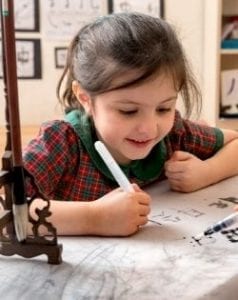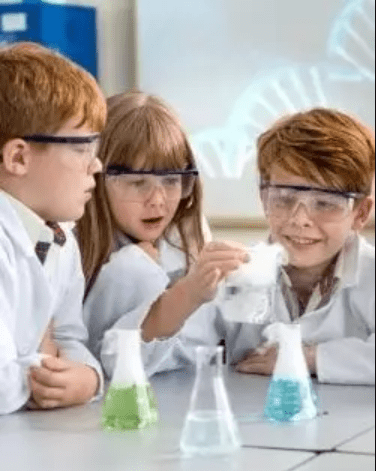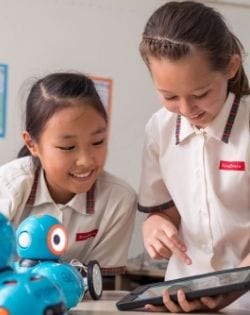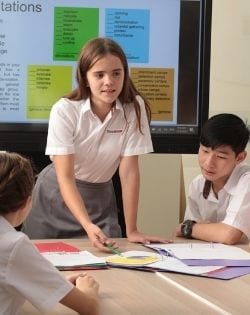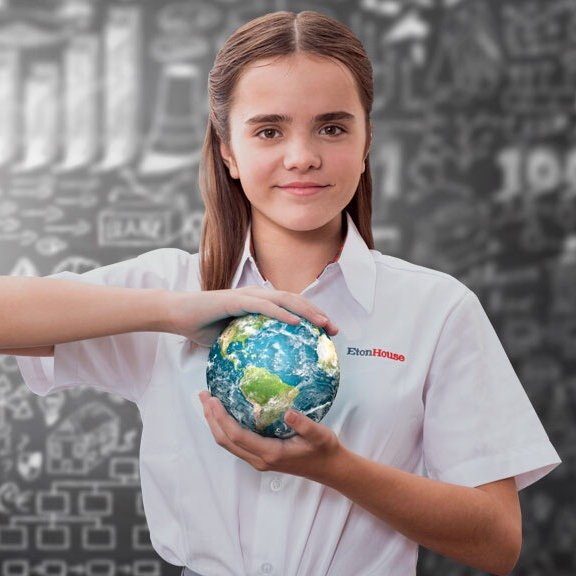A Trusted International School
About EtonHouse International School
We distinguish ourselves from other international schools in Singapore by taking pride in developing young learners and equipping them with lifelong skills that they can take into adulthood.
For younger students, we adopt an “Inquire-Think-Learn” approach while older students (Primary, Secondary and High School Programmes) are offered the globally recognised International Baccalaureate Primary Years Programme (IB PYP), International General Certificate of Secondary Education (IGCSE) and International A-Levels qualifications. read more…
The EtonHouse Difference


A Community of Learners


Trusted Establishment


Multiple Locations


Internationally Recognised Programmes


Excellent Bilingual Programme
EtonHouse Spotlight
Read Our Parenting Blog


Respectful Parenting
-
Curriculum, EtonHouse Orchard
Everything you need to know about International A-levels in Singapore
December 15, 2022 0 -
Curriculum, Parenting
Blended Learning: How It Enriches Children’s Learning Experiences?
November 4, 2022 0
Error: API requests are being delayed for this account. New posts will not be retrieved.
Log in as an administrator and view the Instagram Feed settings page for more details.


Take a Tour of EtonHouse
We want to be much more than just a school – with our diversified community from all over the world, we want to be a home away from home. Book a tour with us today and come experience EtonHouse.


Discover Our Schools
We have 13 schools across various locations throughout Singapore that offer learning opportunities – from infant care to year 13.
